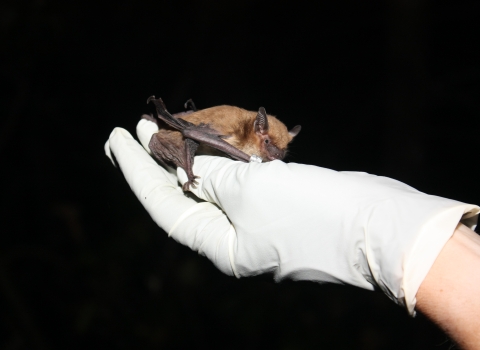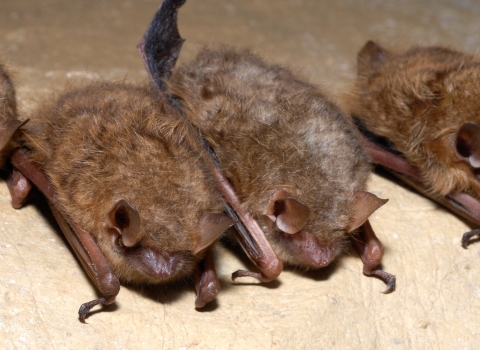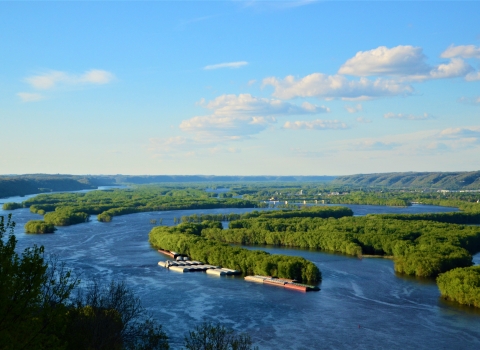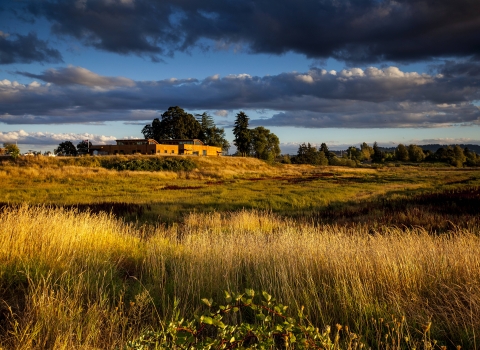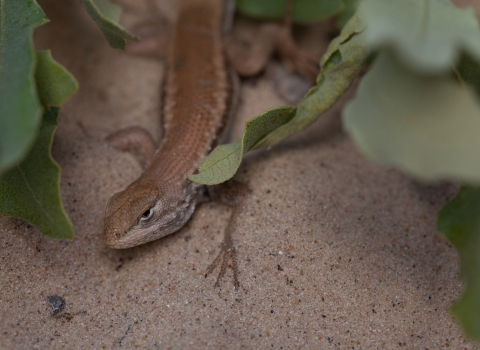The draft GCP is a comprehensive strategy to promote the long-term conservation of the federally endangered Indiana bat (Myotis sodalis) and northern long-eared bat (Myotis septentrionalis), and the proposed endangered tricolored bat (Perimyotis subflavus). This plan focuses specifically on these three states and will allow the Service to work more efficiently and effectively with project applicants to ensure compliance under the Endangered Species Act (ESA). The Service will accept written comments during a 30-day public comment period from 10/29/2024 to 11/29/2024.
The Service is working to standardize the ESA permitting process for applicants whose projects meet ESA standards. Project proponents seeking a permit under the proposed GCP must comply with all other applicable federal, state, and local statutes and regulations.
White-nose syndrome, a fungal disease affecting cave-hibernating bats, has caused significant declines in populations of Indiana, northern long-eared, and tricolored bats. Impacts from human activities can exacerbate these declines and impede recovery. The goal of this plan is to move species conservation forward by minimizing and offsetting the loss of habitat resulting from tree removal or habitat modification associated with routine development in New York, Pennsylvania and West Virginia.
Written comments on the GCP and associated EA will be accepted during a 30-day public comment period from 10/29/2024 to 11/29/2024. The notice of availability will publish in the Federal Register on 10/29/2024 and is available for public inspection in the Reading Room today at https://www.federalregister.gov/public-inspection/current . The public may submit written comments by one of the following methods:
- Comment at regulations.gov under document number FWS-R5-ES-2024-0039
- U.S. Mail or hand-delivery: Public Comments Processing; Attn: Docket No. FWS-R5-ES-2024-0039; U.S. Fish and Wildlife Service Headquarters, MS: PRB/3W; 5275 Leesburg Pike, Falls Church, VA 22041–3803.
- Please send your supporting documents to Public_Comments@fws.gov.
Collaborative conservation is imperative in the effort to protect our most vulnerable species. Public comment periods help the Service pool the knowledge and resources of private conservation organizations, landowners, state and federal agencies and Tribal nations in order to identify innovative strategies to conserve and recover wildlife.
For more information visit:
- www.whitenosesyndrome.org
- Northern long-eared bat, Indiana bat, and Tricolored bat species pages

